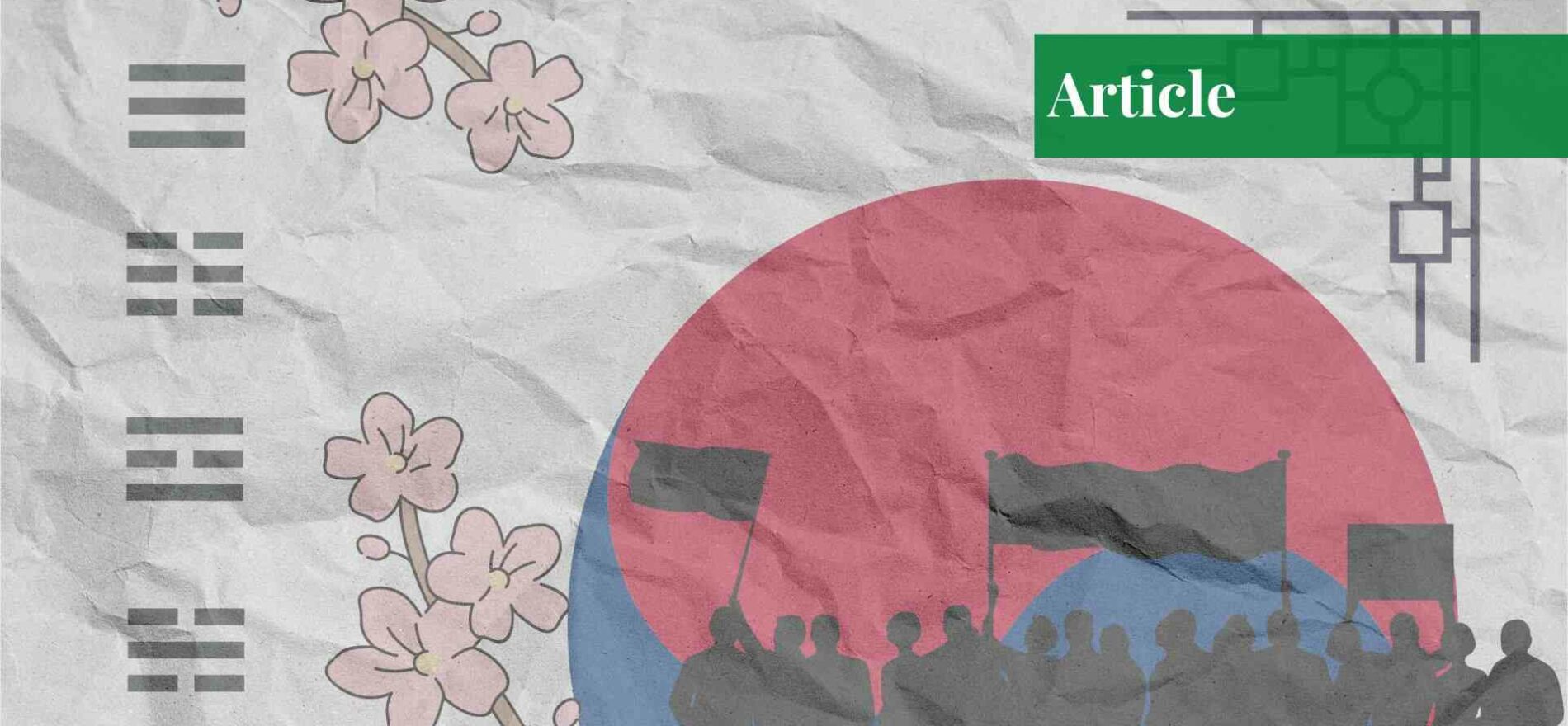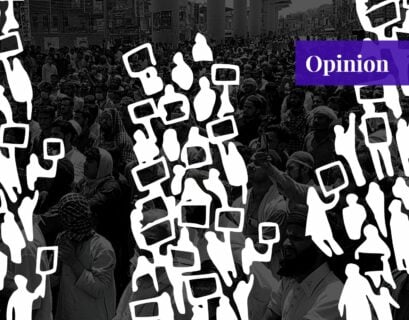Increasing Working Hours
The proposal to increase the number of working hours was made earlier in March by President Yoon Suk-yeol that sought to repeal a law the Democratic Liberal party had enacted in 2018, which set a 52-hour workweek as comprising 40 hours of regular labor and 12 hours of overtime in South Korea.
However, since business organizations protested that the current limit of 52 hours was making it impossible to fulfill deadlines, the government planned to increase the maximum weekly working time to 69 hours. Based on the most recent OECD employment estimate, South Koreans worked an average of 1,915 hours in 2021, which is 199 hours higher than the OECD average and 566 hours more than employees in Germany.
Multifaceted Backlash
President Yoon, a conservative who is regarded as being pro-business, had backed the increase to offer firms more freedom. Yet, according to union officials, it would make workers put in more hours in a nation already renowned for its harsh labor ethic. The proposal has received backlash from many sides with strong, valid concerns, with unions and opposition politicians complaining that excessive hours will not help the nation’s historically low birthrate.
In addition to that, according to the Korean Confederation of Trade Unions, an increase in working hours will make it acceptable to work five days in a row from 9 a.m. until midnight and there will be no consideration for the wellness or comfort of the workers. Moreover, the women’s organizations also claimed that the proposal would harm women, especially working mothers.
The labor minister, Lee Jung-Sik, addressed the concerns by saying that increasing the weekly hours to 69 hours would allow working women to accumulate additional extra hours in exchange for future time off that might be used for family and caregiving obligations. “We’ll adopt aggressive steps to help minimize working hours during pregnancy or while raising children,” he added.
The proposal has also come under fire for exceeding with that of other developed nations, such as Britain, where dozens of businesses last year experimented with four-day workweeks, which proponents claimed led to comparable or higher production and improved employee wellbeing.
Result of the Opposition
After receiving criticism from youth, who claimed the change would ruin their work-life balance and jeopardize their well-being, the government of South Korea was obliged to reconsider the planned increase in working hours. Press secretary, Kim Eun-Hye, stated that President Yoon Suk-yeol was inspired by demonstrations to instruct government agencies to reexamine the decision and “connect better with the public, especially with generation z and millennials.”
Conclusion
The U-turn in the proposal in such a short time is admirable, but not shocking because it should be remembered that the opposition faced by the government was beyond measure and from various sides, making the battle a multifaceted one.
It could be concluded that the active mobilization of the youth created an atmosphere and culture of contestation and retaliation where the authority and paradigms of powers were challenged and dialogue was made possible. Furthermore, it emphasized the political climate of the state where the youth is aware and in the position to decide for themselves which makes the leaders of today and tomorrow conscious and well-calculated in their initiatives and policies.
If you want to submit your articles, research papers, and book reviews, please check the Submissions page.
The views and opinions expressed in this article/paper are the author’s own and do not necessarily reflect the editorial position of Paradigm Shift.



















